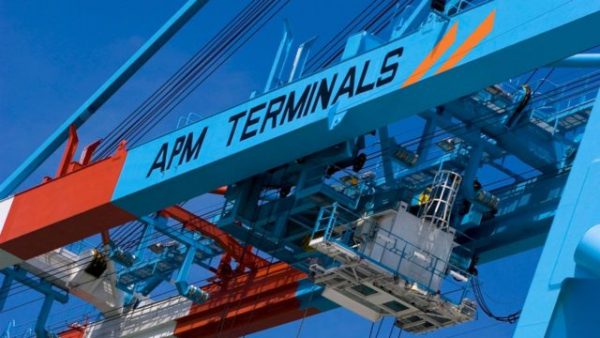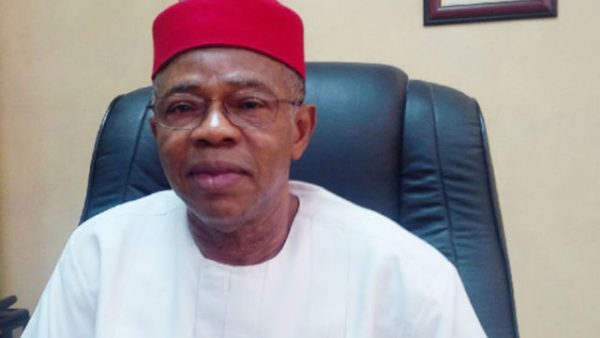African Trade: Development Banks Ready To Finance Projects

The availability and willingness of development banks in Africa to finance projects has changed the impression that funds are not accessible for ship or infrastructure finance.
Speaking with MMS Plus, the Chairperson, Sealink Implementation Committee, Mrs Dabney Shall-Holma said, “There is no challenge for financing anything in Africa. I had the same perception until I started this project; I now discovered there is none. You have the African Development Bank that is willing to give money; you have the African Import-Export Bank that has created a window for Port infrastructure and fleet development. The only thing is that you must have a bankable project with a very strong value proposition. The interest is minimal because they are development banks, not commercial banks. Development banks are trade enablers”.
Shall-Holma stated that the establishment African Free Continental Trade Agreement(AfFCTA) has presented African countries the opportunity to increase their market share and grow their economies, trade with each other and specialize in various trades.
According to her, “AfFCTA is presenting Africa with an environment that enables each African country to trade and trade successfully. As for me, AfFCTA is a renaissance for Africa because it’s a project that brings home the need for Africa to actually think Africa and dream of the Africa that they want and achieve it”.
Shall-Holma who presented paper on,‘Coastal Shipping: A Sine qua non for Integration of Trade in Africa’ at a technical session of the 9th African Shippers’ Day in Lagos, last week, with theme: “African Continental Free Trade Agreement: A Veritable Platform for African Shippers to Mainstream into Global Trade, added that “If Dangote Refinery starts working, it’s going to boost the economy beyond measure, we are expecting an increase of about 5 per cent to our GDP and that would be great because jobs would be created, wealth would be created.
“It would be wonderful because that means there is enough cargo that would be covering the whole of West and Central Africa, or even the whole of the continent of Africa. Everywhere in Africa, we need energy; because we are not expecting Dangote to sell to another continent, it has to be Africa,” she said.
Also, the Deputy President , Calabar Chamber of Commerce, Industry, Mines & Agriculture and the Project Implementation Team Leader, Calabar and Gulf of Guinea Municipal and Trade Centre, David Etim stated that the project which is geared towards utilizing the Tinapa Business Free Trade Zone and Resort as a Regional Hub for trade between West and Central Africa would be implemented within the next 24 months .
In his words: “The target for the Tinapa start up is within 24 months. Tinapa is ready, the infrastructure is ready , the 240,000 cubic meters of refrigerating warehouse exists; we are not creating anything but just adopting utilization. We are waiting for the Federal Executive Council(FEC)approval which is the Ministry of Trade and Industry through the Minister of Transportation, is driving this project in the next 12 to 24 months. The idea is that within the first 12 months of our operation, we should be able to lift 4,000 people out of whatever level of poverty”
Etim explained that the mission of the project between Calabar and Gulf of Guinea is to take over the entire facility of Tinapa Business and Free Trade Zone and provide a Regional Trade Hub for trade between West and Central Africa. , using the Calabar Port Complex as a trade corridor.
He noted that AfFCTA has the potential to skyrocket Nigeria’s economy and eradicate employment in the next 10 years. He said: “With AfFCTA and the potential of developing regional trade, which has never existed, Nigeria has to change its mindset. There has to be a significant paradigm shift in our trade from the idea of just selling the raw material and begin to look at value addition because value addition is a whole spectrum . This can decimate Nigeria’s 35 percent of unemployment to 0 percent unemployment in 10 years. With AfFCTA, Nigeria can do triple digit GDP growth because we have the capacity, industry, track record and enough infrastructure to start and have a significant mileage”.








